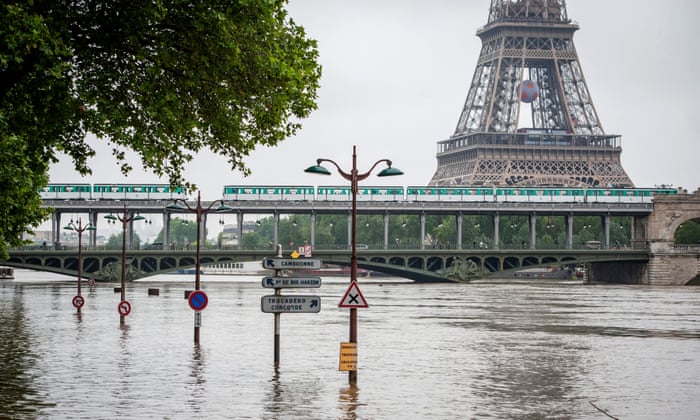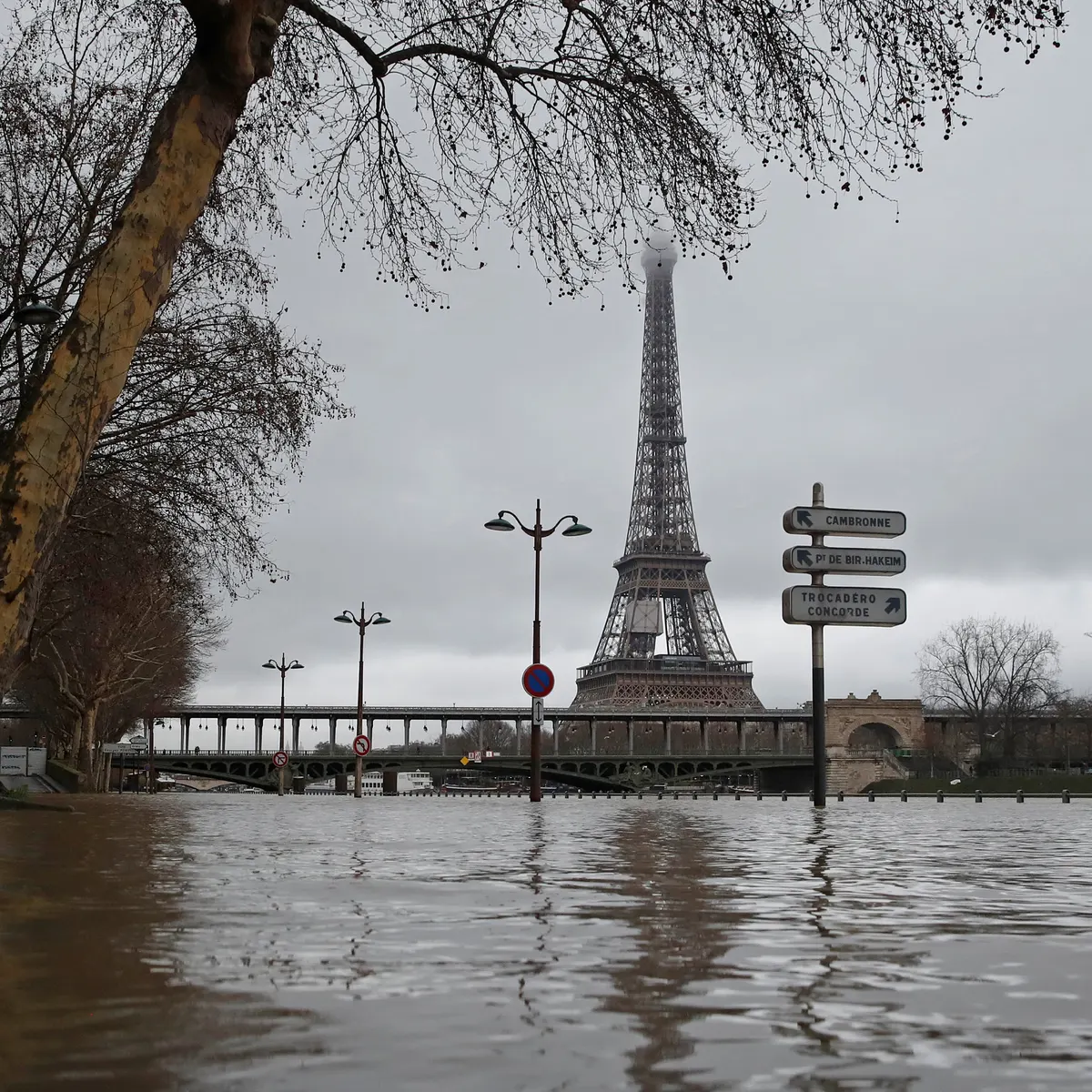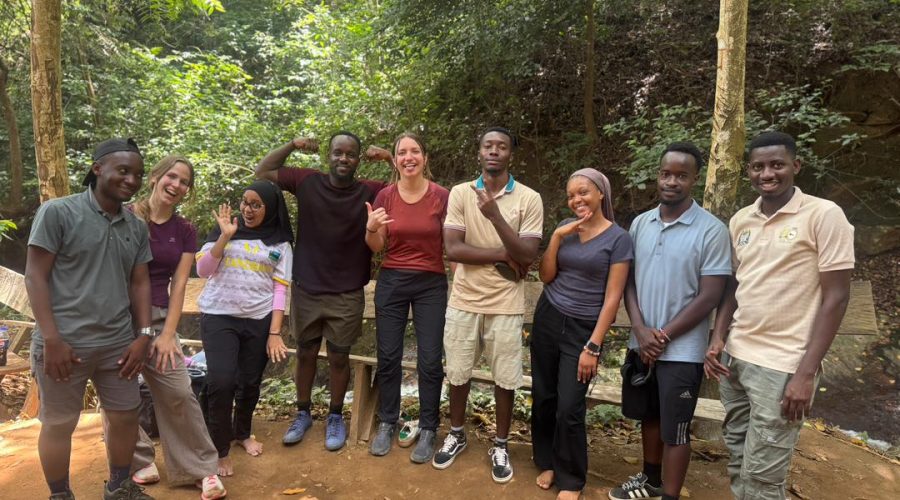what’s new?
For more than a month Tanzania’s Business center Dar-es-salaam faced unbearable flooding that has led to the destruction and loss of properties followed by neighboring cities like Morogoro where many had to stay at home and some lost lives due to excessive rains. some may conclude that these are the problems of developing countries, but its happening through out the globe due to climate change even in your dream city Paris.

Flooding in Dar-es-salaam Tanzania
At the beginning of the year, approximately 2,000 towns and cities across France faced the daunting reality of being uninsured. This predicament arose as insurance companies either hiked up premiums or terminated contracts altogether due to the escalating costs associated with covering damages caused by storms and flooding. The increasing frequency and severity of these natural disasters, exacerbated by climate change, have prompted a fundamental reassessment within the insurance industry.

Flooding in Paris France
The impact of climate change is undeniable, with rising global temperatures leading to more extreme weather events such as intense storms and flooding. These events result in substantial property damage, prompting insurers to reassess their risk models and adjust their premiums accordingly. For many towns and cities in France, this has resulted in insurance becoming either prohibitively expensive or entirely unavailable.
This situation underscores the broader implications of climate change on various sectors, including the insurance industry. Insurers are grappling with the challenge of accurately pricing risk in a changing climate while balancing the need to remain financially sustainable. The inability of certain towns and cities to obtain insurance highlights the urgent need for proactive measures to address climate change and mitigate its impact on vulnerable communities.
The situation in France serves as a stark reminder that climate change is not just an environmental issue but also a socio-economic one. As extreme weather events become more frequent and severe, policymakers, businesses, and communities must collaborate on effective mitigation and adaptation strategies. This includes investing in resilient infrastructure, implementing nature-based solutions, and transitioning to low-carbon economies to reduce greenhouse gas emissions. Only through concerted efforts can we address the root causes of climate change and build a more sustainable and resilient future for all.
On 31 December 2023, the mayor of Dinan was informed by the company that insured his town that it would not renew its contract.
A town of 15,000 in Brittany, it was hit by storm Ciaran in November that caused €1.3 billion in damages across western France.
Without insurance for its public buildings, vehicles and schools, Dinan had to scramble. A Japanese company was willing to insure some of the town’s property, but only for January.
The rest is the town’s responsibility.
Mayor Didier Lechien gives the example of fire in 2019 that caused five million euros of damage.
“For a town of 15,000 residents that is not very rich, if we need to face such an expense, the budget is gutted,” he told RFI.
Dinan is one of several French towns that were dropped by their insurance companies at the start of this year – between 1,000 to 2,000, according to the Association of French mayors.
Self-insurance
Many others have seen the price of their insurance policies go up by up to 70 percent.
Sables-d’Olonne, a beach town on the Atlantic coast of Western France, which suffered €300,000 of flood damage from a storm in August 2023, found itself uninsured.
“Repeated climate hazards and urban riots have made insurance companies spend large amounts,” the town’s vice president, Jean-Pierre Chapalain, who is a former insurance agent told the Ouest-France newspaper.
The town must now “self insure”, which he says involves “taking on the costs that could result from a natural disaster and taking responsibility for damages that, until now, were covered by the insurance company”.
This must be a temporary solution, he insists, as it will quickly empty city coffers.
Climate change impacts on the rise
A study by the Covéa insurance group estimated an increase of 60 percent in the cost of covering natural disasters by 2050, linked to the severity of flooding, drought and hail.
Taking the most pessimistic projections, in which carbon emissions are not regulated and global temperatures rise five degrees Celsius by the end of the century, the report anticipates a 130 percent increase in costs linked to flooding in France by 2050.
The Smacl, one of the two main companies insuring cities, has said it will have to increase rates and change contracts because of increased risks.
Its finances were fragilised by the riots in and around Paris in June and July 2023 when it paid out €65 million in damages.
Insurance companies “anticipate an continuous increase of climate risks and societal problems,” mayor of Vesoul, Alain Cretien, told RFI.
Spreading the risk
He has been tasked by the government, along with Jean-Yves Dagès, former president of the Groupama insurance federation – the other large group insuring towns – to produce a report on the future of insuring French towns.
Some players have proposed a three-tiered system, with towns taking charge of smaller disasters, insurance companies intervening for standard damages, and the state stepping in to cover climate events.
Other ideas include basing insurance premiums on resources, with richer paying more than poorer ones, in order to spread the risk.
For related news visit https://www.cfwt.sua.ac.tz/ecosystems/news




